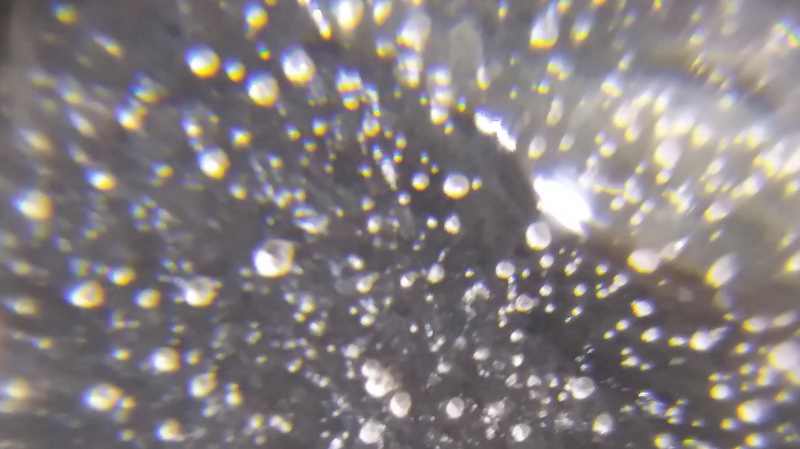Italy faces a deepening fertility crisis, with births declining for 16 consecutive years to their lowest level since national unification in 1861. While Prime Minister Giorgia Meloni's government pushes economic incentives to reverse trends, researchers in Salerno reveal a startling environmental connection — microplastics infiltrating women's reproductive systems.
A Coastal Clinic's Alarming Discovery
At a Salerno fertility clinic, scientists found microplastics in the ovarian follicular fluid of 14 out of 18 women seeking treatment. This fluid, crucial for egg development and hormone regulation, now raises urgent questions about environmental contaminant impacts on human reproduction.
Chemical Threats Amplify Concerns
The study's lead author Luigi Montano warns that microplastics often carry hazardous compounds like PFAS and bisphenol, known to disrupt hormones. The research, published in Ecotoxicology and Environmental Safety, calls for immediate global investigation into how these particles breach biological barriers.
Beyond Economics: A Silent Global Emergency
While Italy debates brain drain and parental benefits, 17.5% of couples worldwide now experience infertility according to WHO data. University of New Mexico researcher Xiaozhong Yu emphasizes: "This study opens critical doors — we must quantify exposure risks across populations." Emerging evidence suggests sperm quality decline could also be impacted.
As policymakers focus on social solutions, scientists urge equal attention to environmental factors potentially reshaping human biology itself.
Reference(s):
cgtn.com







